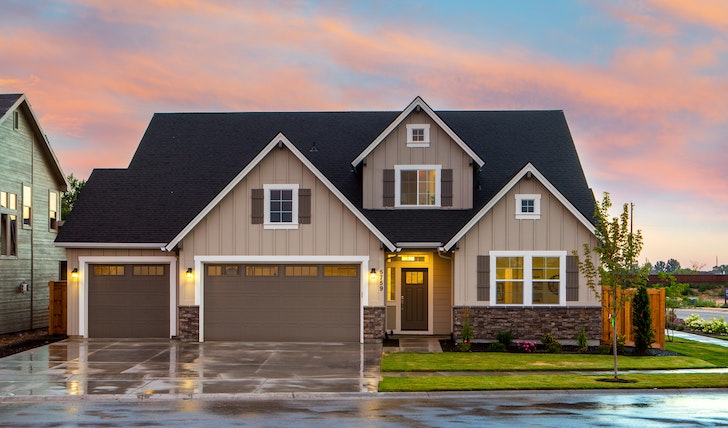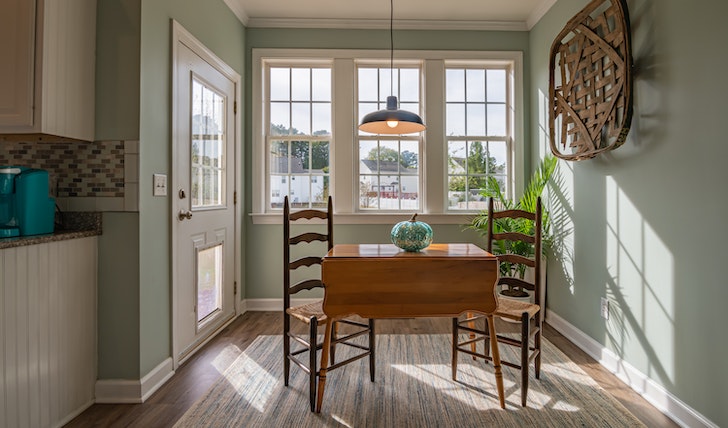So, you have been squirreling away those hard-earned dollars, dreaming of a white picket fence and a backyard for summer barbecues. Everyone says, “Real estate is the best investment!” But turns out that buying a house might not be the golden ticket everyone makes it out to be.
That is right! For some, a house might actually be a liability rather than an asset.

5. Cash Flow Crisis
If you have ever watched Monopoly, the goal is clear: buy properties, collect rent, and let the cash roll in. But real life is not a board game. When you buy a house, especially with a mortgage, you are committing to monthly repayments, insurance, taxes, and maintenance costs. These are ongoing, sometimes unpredictable expenses.
That is why you feel that it is not an asset. It is a liability. Unless you are renting it out for more than your expenses, it is eating away at your wallet, not filling it.
4. The Illusion of Equity
Yes, every mortgage payment adds to your equity. The part of the home you “own.” But here is the catch: You can not access that equity without selling or refinancing, both of which come with costs.

And if the housing market dips? That equity can vanish faster than a snowman in July.
3. The Anchor Effect
Ever dreamt of chasing a job opportunity in another city, state, or even country? With a house tying you down, that dream might feel like a lead balloon. Homes are somewhat illiquid, meaning they can not be quickly converted to cash. If you need to move, you are at the mercy of the housing market.
A quick sale might require slashing your asking price. Renting it out? That brings its own set of challenges. A house can anchor you to one place, limiting flexibility.
2. Maintenance Madness
One day, you are feeling like royalty in your own castle. The next, you are cursing the heavens because the roof is leaking, the basement’s flooded, or the HVAC has decided to go on a permanent vacation.

Houses age, and as they do, they demand TLC that often translates into dollars
1. The Market’s Moody Dance
Real estate is cyclical. What goes up can come down. If you buy at the peak, you might be waiting years, if not decades, to see a good return on your investment. Unlike stocks, where you can diversify your portfolio, putting all your money in a single property is a gamble.
Remember 2008? Many homeowners found out the hard way that houses are not immune to market crashes.
However, this is not to say that buying a house is always a bad idea. For many, it provides stability, a sense of community, and, yes, potential long-term gains. But it is essential to peel back the romanticized view of homeownership and see it for what it truly is: A complex financial decision with both benefits and risks.
